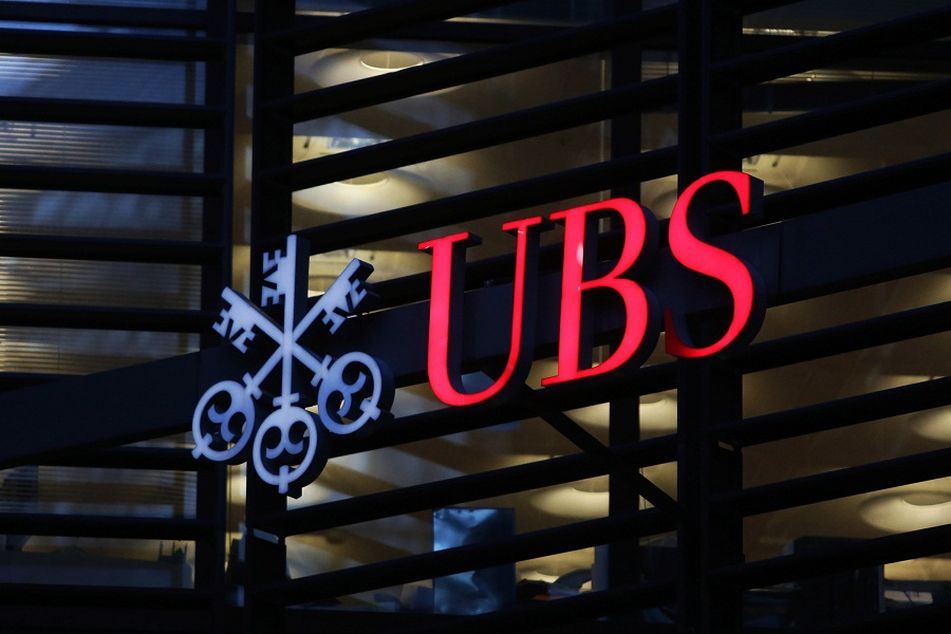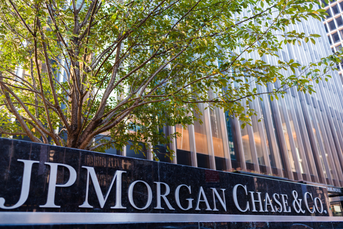UBS credit outlook cut to negative by S&P, Moody’s following Credit Suisse deal

In addition, Fitch places UBS on rating watch negative due to uncertain implications of the acquisition on the combined credit profile of the two banks.
UBS Group AG had its credit outlook lowered by S&P Global Ratings and Moody’s Investors Service as the bank faces integration and restructuring challenges following its emergency takeover of Credit Suisse Group AG.
The Swiss lender’s rating outlook was cut to negative from stable by both firms, with analysts citing the risk of client attrition and the complex task of running down Credit Suisse’s trading operations. UBS’ long-term rating was affirmed by S&P at A- and its senior unsecured rating was affirmed at A3 by Moody’s.
In addition, Fitch Ratings has placed UBS Group AG’s A+ long-term issuer default rating (IDR) and the AA- long-term IDRs of UBS AG and UBS Switzerland AG on rating watch negative. All three entities’ ‘a+’ viability ratings have also been placed on rating watch negative.
“We see material execution risk in UBS’s integration of Credit Suisse,” S&P analysts including Benjamin Heinrich and Anna Lozmann wrote. They cited “the size and weaker credit profile” of Credit Suisse “and particularly the complexity in winding down a large part” of its investment banking operations.
The 3-billion-franc takeover ($3.2 billion), agreed in crisis talks over the weekend at the urging of the government, is turning UBS from a wealth manager that made a predictable profit into a complex integration and restructuring case with an as-yet-unknown number of jobs likely to be shed over the next several years. Credit Suisse had been unable to win back investor and client confidence after a series of scandals and losses, which led to credit rating downgrades and rising funding costs.
UBS’ shares slumped as much as 16% Monday before reversing gains, as investors weighed the pros and cons of a takeover engineered to prevent the crisis of confidence in Credit Suisse from spreading. While the deal hands Chief Executive Officer Ralph Hamers a large wealth management operation and a valuable Swiss business at a bargain price and with government guarantees, the firm had little time to assess potential risks, for instance at Credit Suisse’s investment bank.
Moody’s said its “action balances on the one hand the advantageous financial terms in terms of liquidity and capital together with the long-term potential for franchise enhancement, and on the other hand the complexity, extent and duration of the integration.”
While breaking down the investment bank will heighten execution risk, the S&P analysts said they expect UBS will be able to manage the merger, staff cuts and winding down of assets, while “effectively limiting tail risk to the capital, risk and funding profiles.”
S&P said that in its base case scenario, the integration will likely result in “client churn at the combined entity, particularly in wealth management and Swiss banking, where both entities have significant client overlaps.”
S&P said it could lower the rating on UBS if the financial profile weakens because of the integration. It could revise the outlook to stable if integration risk is “significantly reduced and UBS is likely to maintain its strong creditworthiness post-merger,” according to the analysts.
Fitch said the rating watch negative reflects the uncertain implications of the acquisition on the combined credit profile of the two banks. It also reflects the execution risk that will arise for UBS from the acquisition, as well as the potential weakening of UBS’ business, risk and financial profile during the integration and restructuring of Credit Suisse in an increasingly challenging environment.
Learn more about reprints and licensing for this article.








